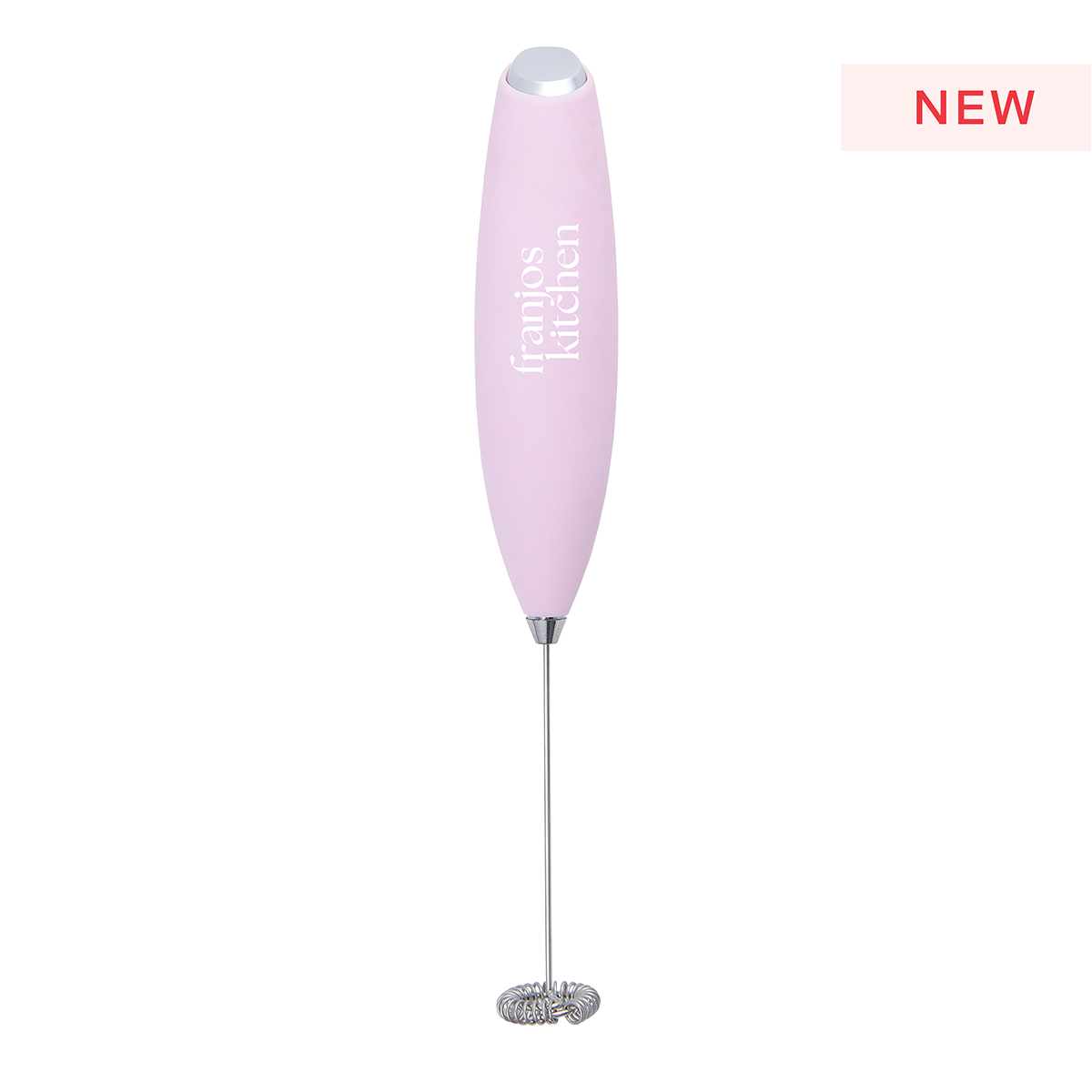Nutritionist shares 4 things you need to be doing to recover quicker after birth
Pregnancy and birth take a huge toll on the body. What we do in the days and weeks after birth can really make a difference to our overall health and wellbeing for years to come. Suggested research shows that how we care for ourselves in the first 42 days postpartum, can drastically shape our wellbeing for several years to follow.
As a nutritionist, here are four things I not only encourage my clients to do, but I also did myself in my first 42 days postpartum:
Eat Regularly.
Eating regular meals and snacks throughout the day is beneficial for our energy levels, blood sugar levels, stress levels and will help to balance out hormones. Whilst this may seem like a time where you can’t physically find a moment to eat, it needs to become a top priority. Spend time in your 3rd trimester bulk cooking meals and freezing them, ask your partner or family members to cook nourishing meals for you or engage a pre-cooked meals service that will deliver some meals to your door.I always suggest eating at least 3 main meals during this time and ensuring you have snacks handy. The Franjos Kitchen Tanker Topper Cookies and muesli are perfect, as they’re all natural and loaded with galactogogues to support your breast milk supply! You may find you are snacking more than usual during this time and that is ok. Breastfeeding burns between 500-600 calories per day and so you may find you need more good food to keep you going. Not to mention your body is recovering from childbirth, which is huge! Your body needs sufficient calories and energy to recover and replenish itself.

Eating regularly is important and what we are eating is just as important. Opt for nourishing meals like slow cooked stews, traditional kitchari, congee, soups, warming bowls of oatmeal and chia puddings. By eating warming, easy to digest meals, you are giving your body the best chance to easily breakdown and absorb all the nutrients it needs. Your organs will be going through a lot of physical changes as your body starts to shift things back into place now that your placenta is gone.
Easy to digest meals are gentle on your gut and your digestive system, allowing your body to do what it needs to do to heal. Not to mention, slow cooked meals retain a lot of nutrients in them which is what your body is craving during this period. Aim to include an array of different coloured cooked veggies in your meals to ensure you are receiving a variety of different nutrients. As the demand for nutrients like magnesium, iron, DHA, choline, b12 and vitamin D increase post birth, it is recommended to stay on your prenatal vitamins during this time and up to one year post birth. This is to aid with recovery and to fill in the nutritional gaps where your diet may be lacking.
HydrateHydration is by far one of the most overlooked components of postpartum. Women are prone to lose fluid during birth and will need to rehydrate soon after.
Keeping hydrated will assist with blood circulation, kidney function, breastmilk supply, the health of the baby, digestion, excretion of bodily waste product as well as preventing dehydration. Dehydration can lead to headaches, dizziness and constipation as well as a drop in breast milk supply. Women in the postpartum window are at higher risk of developing UTI’s, adequate hydration levels may help to prevent this. With breastfeeding, you should aim to drink an additional 700mls of fluid per day. It can leave you feeling thirsty and dry, having a water bottle close by will help to prevent this. Add in a scoop of Franjos Kitchen Motherhood Hydration Powder, it’s delicious and contains electrolytes to support your body’s hydration levels.
RestThis seems like the inevitable, yet it’s imperative for recovery. Midwives and women’s health physios are now encouraging new mothers to spend as much time laying down as they possibly can within the first 6-12 weeks postpartum. Research has shown that the best way to repair tissue from pregnancy and childbirth, is to simply lay down. Many new mums are also implementing the 5-5-5 rule which entails 5 days in the bed, 5 days on the bed, 5 days around the bed. Washing, housework and everything else should be delegated to those around you where possible, or even neglected if need be. Now is the time to rest and recover.
The first 42 days postpartum are vital for shaping your health and recovery. Spend this precious time resting, recovering, eating well and hydrating in between loving and feeding your new baby. These moments are precious, the rest of the world can wait.
Blog written by Latoya Cruz, www.thevirtualnutritionist.com.au and on instagram @thevirtualnutritionist


